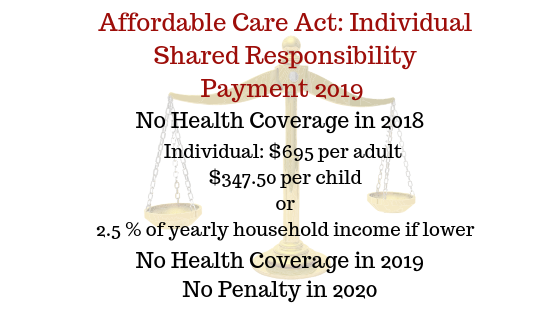The Affordable Care Act created a private insurance market that 15 million Americans use for coverage. The act also encouraged state Medicaid expansion that covers another 15 million, as well as, provides protections for people with preexisting conditions and other regulations. The contractual dynamic between insurance companies, physicians and the insured gradually became standardized. There was a time, I even thought it would be the end of individuals having to negotiate their medical bills based on pre-existing conditions and obscure coverage limitations. However, I was wrong and now the administration is attempting to invalidate the whole act based off of a case in a Texas District Court that ruled the Affordable Care Act unconstitutional in its entirety after Congress removed the Individual Shared Responsibility Payment for 2019. The Act is still in effect until further appeal. Hopefully, the court will consider the congressional choice to keep all of the other parts of the act even though they removed the penalty for not maintaining insurance.

The Delicate Dynamic of Health Care Expansion and Choice
Thankfully, there are resources to help calculate your Shared Responsibility Payment. The administrative desire to change the insurance market continues to put the ACA on shaky ground and associated health plans that are not regulated by the ACA are already being made available.
As these new plans, attempting to save on healthcare coverage emerge, understanding the dynamics of the system and advocating coverage is essential. Egregious denials for coverage already started. Reach out to me to appeal a denial. Insurance Advocates can be conflicted, hire your own.
Due Diligence in Medical Negotiations
Appeal Coverage Denials and Advocate Care
Even with the Affordable Care Act still in place, insurance companies still deny claims for multiple reasons. Advocating the medical necessity of care requires organization and persistent to get the result that doctors and patients agree insurance companies should support.
